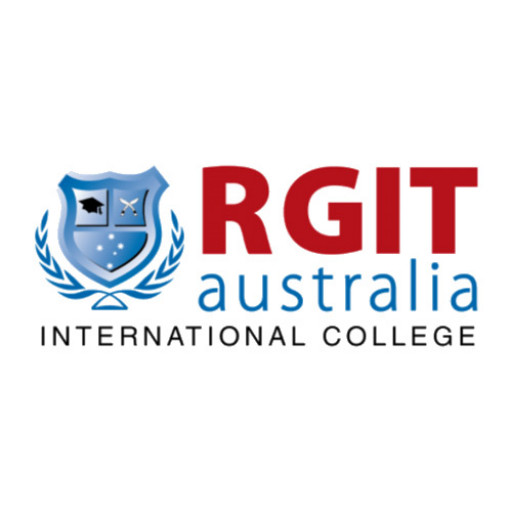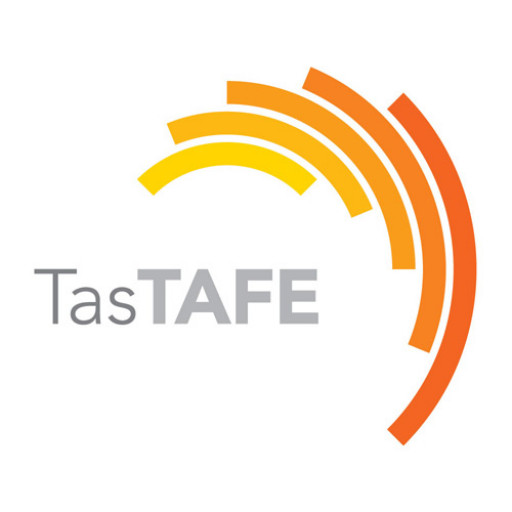People that have a passion for food and creating excellent dining adventures. You'll learn the practical skills necessary to become proficient chef who intends to deliver a memorable customer experience. Culinary Management delivers practical restaurant experience and in-depth knowledge of the many restaurants of the environment.
The Bachelor of Culinary Management program at William Blue College of Hospitality Management offers a comprehensive and in-depth education designed to prepare students for a successful career in the dynamic hospitality industry. This program combines practical culinary skills with essential management knowledge, equipping graduates to lead culinary teams, innovate in food service operations, and drive business success. Throughout this course, students will engage in hands-on training in state-of-the-art kitchens, learning various cooking techniques, cuisines, and presentation styles. In addition to culinary arts, the program emphasizes key management principles, including leadership, marketing, financial management, and human resources, tailored specifically to hospitality and food service industries. Students will explore the intricacies of menu development, cost control, and supply chain management to optimize operational efficiency and profitability. The curriculum also covers customer service excellence, sustainability practices, and industry trends to ensure graduates stay ahead in an ever-evolving market. With a strong focus on practical experience, students often participate in real-world projects, internships, and industry placements, providing them with valuable networking opportunities and insights into the hospitality sector. The program aims to develop well-rounded professionals who can innovate and lead in various culinary environments, from restaurants and hotels to event catering and food startups. Graduates will be prepared to pursue roles such as Executive Chef, Food and Beverage Manager, Culinary Director, or Entrepreneur within the hospitality industry. The Bachelor of Culinary Management at William Blue College balances theoretical knowledge with practical application, fostering creativity, leadership, and a passion for the culinary arts, ensuring students are workforce-ready upon graduation.
Program requirements for the Bachelor of Culinary Management at William Blue College of Hospitality Management include a combination of academic prerequisites, practical experience, and specific skills development. Applicants must have completed a recognized secondary education qualification equivalent to the Australian Year 12 or equivalent international standards. Proven proficiency in English language is mandatory; accepted tests include IELTS with a minimum overall score of 6.0, or equivalent scores on other standardized tests, unless the applicant is from an English-speaking country or has completed prior studies in English.
Prospective students should demonstrate an interest in hospitality and culinary arts, often evidenced through personal statements, interviews, or prior work experience in food service environments. The program emphasizes practical skills alongside theoretical knowledge, requiring students to participate in hands-on cooking labs, internships, and industry placements. Prior experience in food preparation, hospitality operations, or management can be advantageous but is not explicitly mandatory. Students are expected to possess strong communication skills, teamwork abilities, and a passion for the culinary industry.
Completion of prerequisite courses in hospitality management, nutrition, or food safety may be recommended or required depending on the admissions cycle. International students must obtain valid student visas and provide health insurance coverage. The program may have specific academic milestones, such as passing foundational culinary courses, achieving certain GPA thresholds, and completing industry placement hours to graduate successfully. Furthermore, students should be prepared for coursework in business management, menu planning, sustainable practices, and entrepreneurial skills relevant to the culinary and hospitality industries. Overall, the program aims to develop competent culinary managers equipped with both technical expertise and leadership qualities essential for success in a competitive global industry.
The William Blue College of Hospitality Management offers various financing options for students enrolled in the Culinary Management program. Prospective students can explore multiple avenues to fund their studies, including government-supported schemes, scholarships, bursaries, and payment plans. Government financial assistance may be available through national or state loan programs, depending on the student's eligibility and residency status. William Blue College also provides its own scholarship opportunities for outstanding applicants and those demonstrating financial need, which are awarded based on academic performance, leadership qualities, and industry potential. Bursaries may be awarded to students who meet specific criteria aimed at supporting diverse or underrepresented groups within the hospitality industry. Additionally, the college offers flexible payment plans that allow students to pay tuition fees in installments, easing the financial burden over the course duration. Students are encouraged to contact the college’s admissions or financial aid offices for detailed information regarding eligibility requirements, application procedures, and deadlines. External funding sources such as private scholarships, industry sponsorships, and employer sponsorships may also be available to students seeking additional financial support. Moreover, students should consider potential part-time work opportunities either on or off-campus to supplement their income, keeping in mind the workload and study commitments of the program. The college might assist students in locating internships and industry placements that sometimes include stipends or allowances, contributing to overall financial stability during studies. It is important for students to thoroughly research and plan their finances prior to enrollment, including understanding any costs associated with textbooks, supplies, living expenses, and health insurance. International students, in particular, should verify specific visa requirements related to financial documentation and proof of funds. Overall, William Blue College is committed to providing comprehensive information and support to help students navigate their financing options effectively, ensuring their focus remains on successfully completing their Culinary Management studies.
William Blue College of Hospitality Management offers a comprehensive program in Culinary Management designed to equip students with the skills and knowledge necessary to excel in the dynamic hospitality industry. The program combines theoretical learning with practical experience, ensuring graduates are well-prepared to handle the operational, managerial, and creative aspects of culinary arts. Students will study core subjects such as food production, kitchen management, nutrition, menu development, and culinary innovation, alongside business modules including marketing, finance, leadership, and entrepreneurship. The curriculum emphasizes hands-on training in state-of-the-art kitchens, allowing students to refine their culinary techniques and develop confidence in a real-world setting. Additionally, the program fosters leadership qualities and management skills critical for running successful culinary establishments. Students have opportunities for internships and industry placements, exposing them to the realities of hospitality management and providing valuable professional connections. William Blue College's facilitators are experienced professionals who bring industry insights into the classroom, ensuring the education is current and relevant. The program may culminate in a diploma or degree, depending on the level of study undertaken, and aims to prepare graduates for careers as executive chefs, restaurant managers, culinary consultants, or hospitality entrepreneurs. The college's focus on innovation, sustainability, and modern food trends aims to produce forward-thinking culinary leaders ready to meet the evolving needs of the global hospitality sector.






